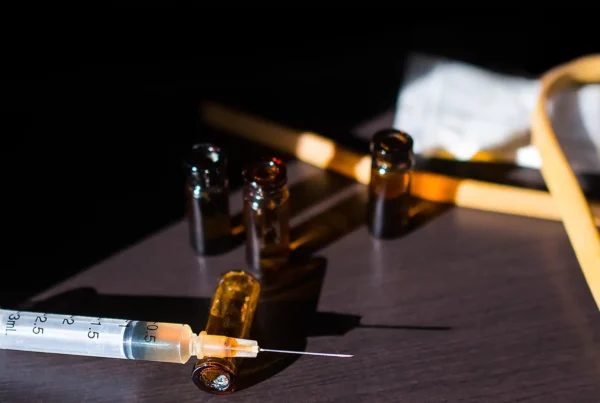An innovative study using artificial intelligence (AI) to analyze real-world patient data has found that ketamine treatment is associated with a 2 to 4 times higher likelihood of remission in individuals with cocaine use disorder (CUD). Reported by Psychedelic Spotlight, the research combines advanced machine learning algorithms with clinical outcomes data to uncover previously underappreciated effects of ketamine in addiction medicine.
This represents one of the first AI-powered investigations into the effectiveness of ketamine for stimulant addiction — a domain where traditional treatment options remain limited and often ineffective.
Study Overview
- Source: Reported by Psychedelic Spotlight, based on recent AI-powered health data analysis
- Data Type: Large-scale, real-world electronic health records (EHRs) and behavioral data
- Focus: Patients diagnosed with cocaine use disorder (CUD)
- Intervention: Ketamine exposure (IV or off-label therapeutic use)
- Comparator: Matched non-ketamine-treated controls
- Outcome: Remission or sustained abstinence from cocaine
Key Findings
1. Substantially Higher Remission Rates
- Patients receiving ketamine treatment had remission rates 2 to 4 times higher than those not exposed to ketamine
- Outcomes included:
- Decreased frequency of cocaine use
- Extended periods of abstinence
- Lower relapse rates
2. AI-Powered Predictive Modeling
- The study used AI to:
- Identify patterns across thousands of variables (e.g., psychiatric history, demographics, medication use)
- Control for confounding factors (e.g., severity, comorbidities)
- Highlight ketamine as a top predictive factor in CUD remission
This approach provided stronger statistical confidence than traditional regression models.
Mechanisms of Action
The study authors propose several biological and psychological mechanisms by which ketamine may promote CUD remission:
- Neuroplasticity enhancement: Promotes rewiring of reward pathways disrupted by stimulant addiction
- Memory reconsolidation: May help decouple drug cues from craving responses
- Mood stabilization: Reduces depression and anxiety that often drive relapse
- Craving interruption: Alters glutamate dynamics and prefrontal cortex activation, dampening compulsive drug-seeking
Why This Matters
Cocaine addiction is notoriously difficult to treat:
- No FDA-approved medications currently exist for CUD
- High relapse rates, even with behavioral interventions
- Strong cue-reactivity and impulsivity make traditional therapies less effective
This study suggests ketamine may offer a neurobiological and therapeutic reset, helping individuals break the cycle of compulsive use.
Clinical Implications
- Supports further exploration of ketamine-assisted therapy for stimulant use disorders
- Justifies prospective trials combining ketamine with CBT or contingency management
- Encourages integration of AI analysis into addiction research, improving personalization and protocol design
Final Thoughts
This AI-based CUD study underscores the growing potential of ketamine in hard-to-treat addictions. With remission rates up to four times higher, ketamine may offer a breakthrough option for patients battling chronic cocaine use — especially when traditional strategies fall short.
As clinical research catches up with machine learning insights, the case for ketamine as a cornerstone in addiction psychiatry continues to grow.
Reference
Psychedelic Spotlight (2024). AI Study Finds Ketamine Associated with Higher Cocaine Remission Rates. https://psychedelicspotlight.com




